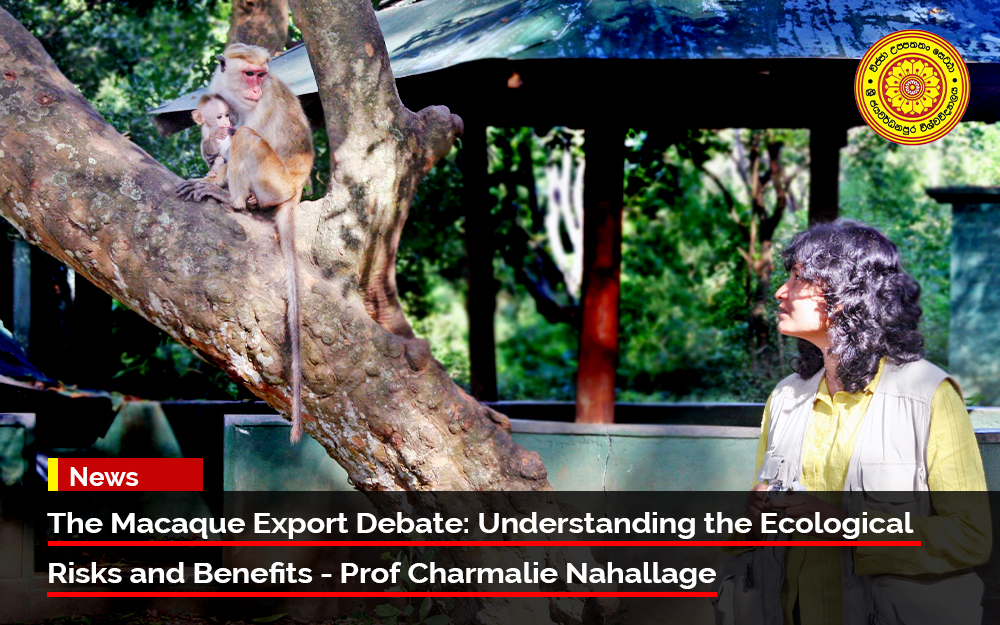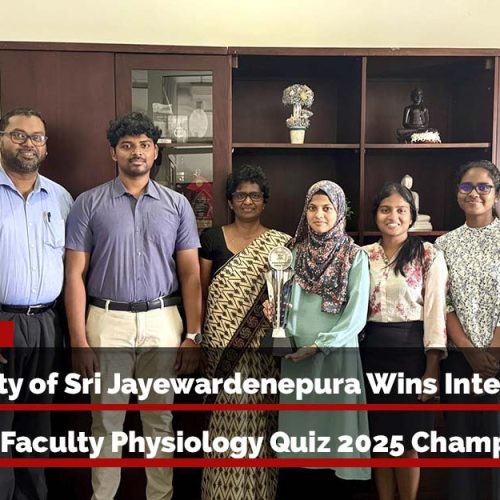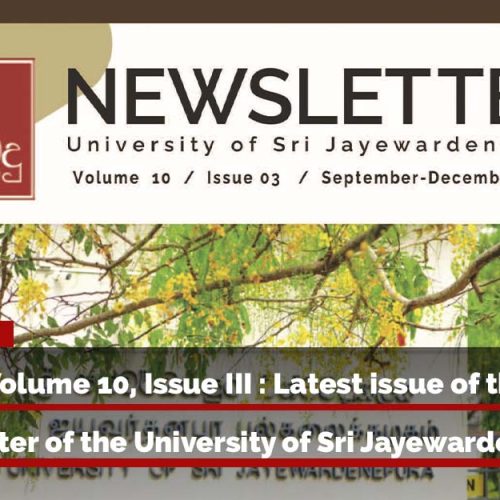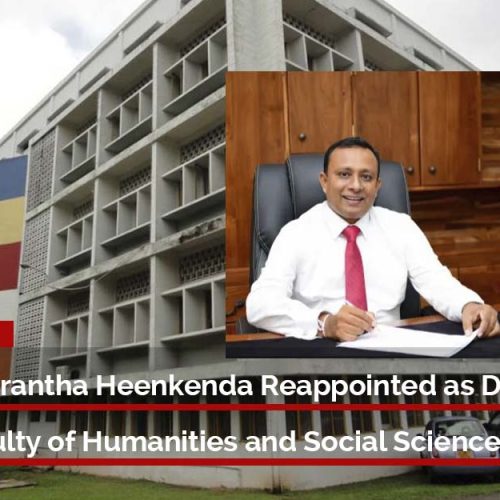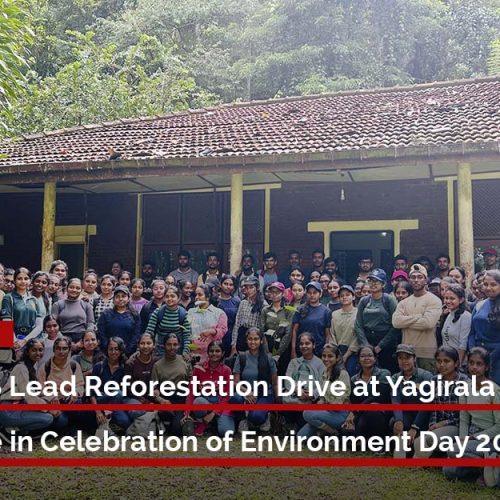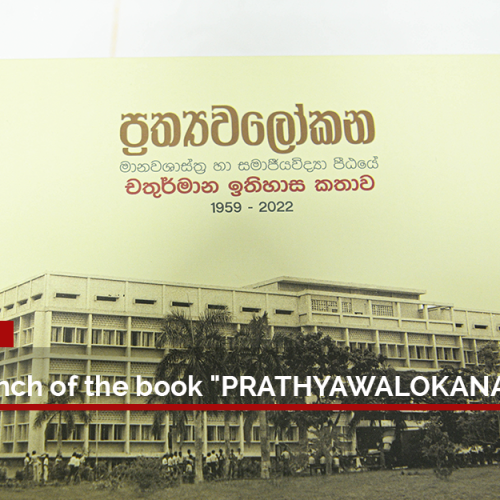Sri Lanka is considering exporting around 100,000 toque macaques to China for zoological gardens, a decision that has raised concerns over its ecological impact. Prof Charmalie Nahallage, an expert in primatology from the University of Sri Jayewardenepura, with over two decades of experience in primatology, has emphasized the importance of considering the impact of removing a large number of animals from their natural habitat.
Macaques play a crucial role in preserving biodiversity and maintaining ecological balance. Removing a large number of animals from an area could disrupt the ecological balance, and therefore any action should be done under intense supervision after a thorough scientific investigation. It is difficult to determine the exact population of macaques in Sri Lanka, as well as the estimation of economic loss due to crop damage, because it is challenging to determine the damage caused by one specific species alone. The inaccurate population estimation of macaques in Sri Lanka and the estimation of economic loss due to crop damage are additional issues, questions the validity of the decision and the base of the policy/decision made.
The issue of crop damage caused by macaques is not limited to Sri Lanka but is a global problem faced by many countries with different species of macaques. With more than 20 species of macaques found throughout Asia, many countries face a human-macaque conflict due to crop damage caused by these monkeys. While Sri Lanka has its own species of macaques, it should examine how neighboring countries are tackling the problem and implement sustainable, long-term measures to mitigate the issue. Accurate data on the population density and economic loss caused by crop damage is crucial for implementing effective control strategies. To address this issue sustainably, Sri Lanka should learn from the strategies adopted by other countries and implement a coordinated approach involving all relevant stakeholders, including primate experts, relevant ministries, and government departments.
The issue of crop damage caused by macaques is not a recent occurrence, with historical accounts describing crop raiding by primates. Macaques are responsible for causing more damage to crops than the two langur species due to their omnivorous feeding pattern, preference to live close to human habitats, ability to adapt to any environmental conditions, and large group sizes. In places where crops are a significant source of income, the impact of crop damage caused by macaques is felt acutely.
Accurate data on the population density and economic loss caused by macaques is crucial to implement effective control strategies. The science of primatology can be utilized to understand the behavior and biology of macaques and develop effective solutions to manage the human-primate conflict. As a primatology specialist with over 20 years of experience, Prof Charmalie Nahallage aims to provide a broader understanding of the issue and its possible solutions to the readers.
Macaques are primates that belong to the primate group, which also includes humans. Sri Lanka has five species of non-human primates, including three subspecies of macaques: the dry zone toque macaques, the wet zone toque macaques, and the highland macaques, each of which is distributed in different climatic zones in the country. Humans, macaques, and langurs share many similarities and requirements for survival, which leads to interactions between them when they share the same environment. These interactions can have negative impacts, especially when competition for resources increases, potentially harming one or both species.
Protecting primates in Sri Lanka is important because they are endemic to the country. “They contribute to preserving the high biodiversity and help maintain the biological balance by contributing to the natural biological control of species. Additionally, they also help in seed dispersal” said Prof Nahallage.
Prof. Charmalie Nahallage is a well-known primatologist and Professor of Anthropology at the University of Sri Jayewardenepura. After receiving her Masters and Doctoral degrees in Primatology from Kyoto University’s Primate Research Institute, she has been actively involved in conducting research on primate distribution, phylogeography, and human-primate conflict in collaboration with her colleagues at Kyoto University, Japan. Prof Nahallage has received several awards for her international research publications and scientific contributions and is currently involved in collaborative research projects with Japan, United Kingdom, and Canada.
As Prof Nahallage highlighted, the decision to export macaques should be made with careful consideration of the ecological impact. It is important to identify long and short-term measures to sustainably mitigate the issue of crop damage caused by macaques and to control the macaque population to conserve these endemic monkey species and preserve biodiversity in the long run.
At the end, still the question remains: Is this the best solution we could find as humans taking decisions for fellow civilization and wildlife?

